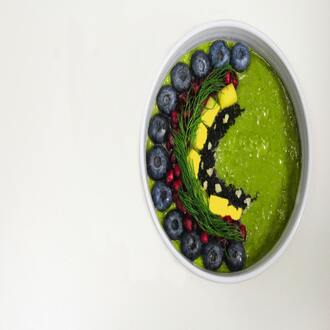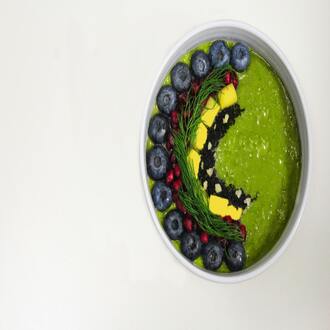Transcription Vegetarians vs. Vegans
Many people tend to confuse vegetarians and vegans, which is why some use the terms "vegan diet" and "vegetarian diet" interchangeably as if they were the same. In reality, there are many points where vegetarians and vegans connect, but the differences between the two are many, from the style of eating to the products they devise as permissible in their eating plans.
With this in mind, we propose to go deeper in the following guide, where we will see the fundamental aspects that distinguish both types of eating styles, as well as the most important points where they coincide. It is important that you know these differences and similarities before choosing one or the other.
Similarities: From a spiritual point of view and the formation of ethical and moral values, vegetarians and vegans share a mutual respect for animal life and the sustainability of the planet. They abhor the consumption of meat, seafood and fish, and consider plant-based foods to be the best alternative for sustainability and confronting the problems of famine on the planet.
So much so that the UN uses the terms vegetarian and vegan in its reports without much distinction, since the purposes of both are usually the same.
Differences: As we said, neither vegans nor vegetarians consume meat, but with respect to foods of animal origin such as eggs, milk or honey, things are very different.
Vegans are strict in their diet, only limiting their consumption to plant-based foods. However, vegetarians allow themselves to include in their diets foods such as those mentioned above, so their eating style is not strictly limited to vegetables. While they respect animals, they are also willing to enjoy the fruits they may bear, such as honey or dairy products. In fact, many hold the philosophy that these products can help alleviate the expenses involved in maintaining the feeding and care of farm animals, being an alternative for them to be profitable without having to market the meat of these animals.
Many chicken farms are called advocates of the vegetarian lifestyle, so they allow their animals to enjoy an environment of freedom and in no case slaughter them to sell their meat, instead they take advantage of the eggs that they lay in a stress-free environment, and thus compensate the cats for the maintenance of these farms.
Although we pointed out above that vegans and vegetarians found many points in common regarding respect for animal life, it is valid to add that in reference to these values, vegans tend to go a little further. Vegans do not approve the use of products that have been manufactured under the suffering of animals. Such is the case of many beauty products that are tested on animals and then marketed to the public, or it is also the case of clothing created with animal leather. If an animal has had to die or suffer in any way for us to have that product, the vegan tendency is to reproach it.
Regarding the above, vegetarians tend to be a little more flexible, and this is largely due to the fact that the vegan diet is largely motivated by ethics and values of love, understanding and respect for animal rights. While the vegetarian diet, with several exceptions, finds more motivation in the healthy lifestyle and as an alternative to lose fat in a sustainable and environmentally friendly way.
vegetarians vegans




